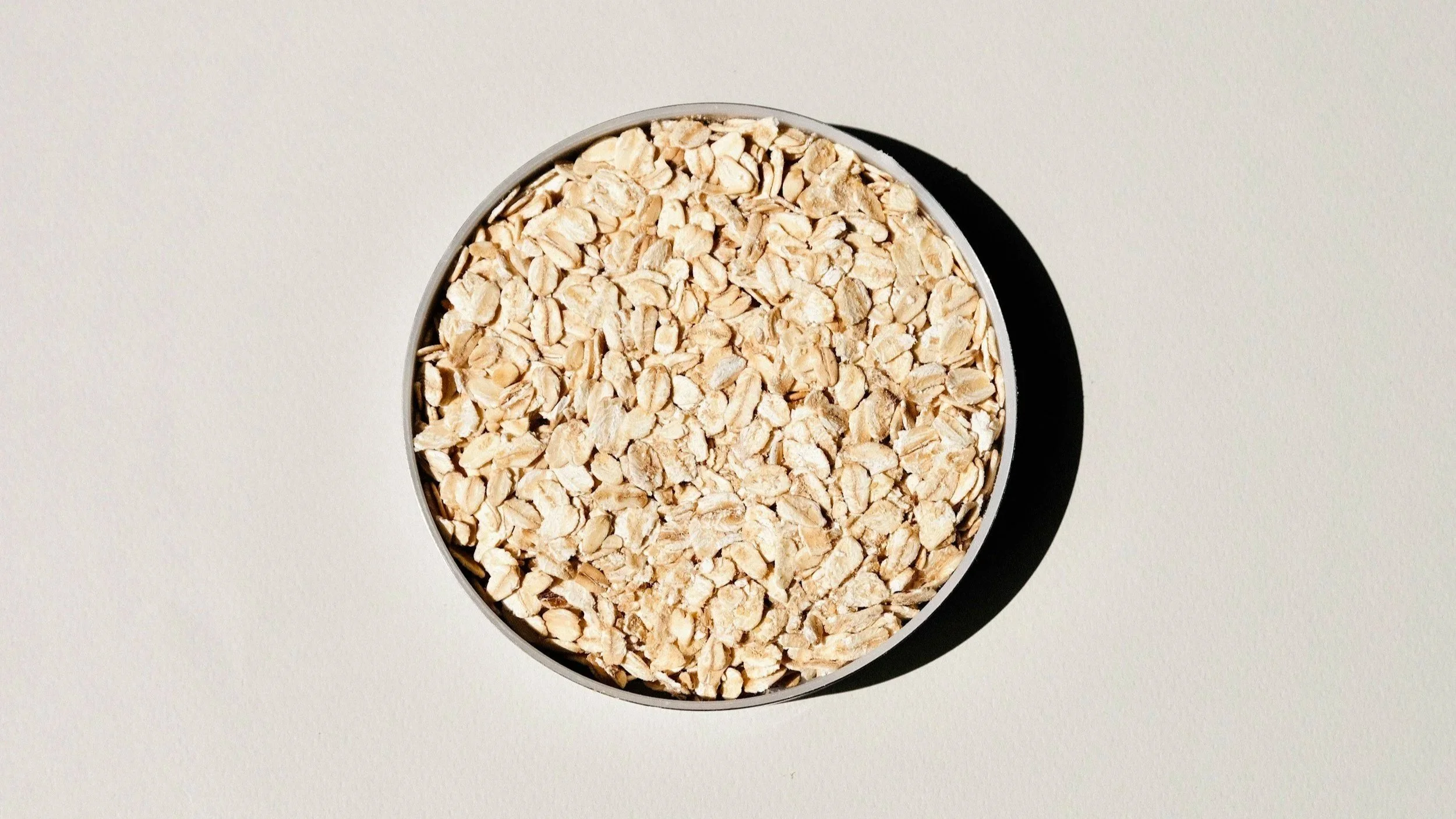3 Nutrition Essentials for Healthspan & Disease-Prevention
1. Energy Balance: Don’t Eat Too Many Calories
Why it matters:
Consistently eating more calories than you burn leads to weight gain. Being overweight (BMI 25+) significantly increases your risk of cardiovascular disease, type 2 diabetes, cancer, Alzheimer’s and dementia, and liver disease.
The onset of any of these conditions can drastically impact your healthspan - the years you live in good health - and limit your quality of life.
Here’s the truth: the biggest nutritional factor for long-term health isn’t obsessing over microplastics, superfoods, or niche supplements. It’s simply avoiding excess body fat.
But balance matters both ways: eating too little is just as harmful. Chronic undereating can lead to nutrient deficiencies, low energy, hormonal disruption, and muscle loss - all of which accelerate aging and reduce resilience.
How much?
A simple starting point: if your weight is stable, you're likely eating at maintenance. To reduce body fat, aim for a 300 - 500 calorie deficit per day.
For most people, this means eating fewer calorie-dense foods (like processed treats) while prioritising protein, fibre, and whole foods that keep you full.
Practical tip: You don’t need to track calories forever, but logging for 1 - 2 weeks can help build awareness of portion sizes and hidden calorie sources.
2. Adequate Protein: Build & Preserve Your Muscle
Consuming enough protein is essential for both building and preserving lean muscle - especially as we age.
I’m a strong believer that healthy muscle is the organ of longevity.
Healthy muscle improves glucose tolerance, insulin sensitivity, quality of life, and reduces the risk of falls, fractures, and age-related muscle loss (sarcopenia).
People who prioritise muscle health past 60 are far more likely to remain independent and active well into later life.
It’s also strongly linked to cancer resilience:
Up to 80% of advanced cancer patients experience muscle wasting (cachexia), which is a major predictor of poor outcomes. Maintaining muscle mass through adequate protein and resistance training can improve recovery, treatment tolerance, and survival rates.
I’m not suggesting you need to “bulk up.” The goal is simply to maintain healthy, functional muscle tissue.
How much?
Aim for 1.2–1.6g per kg of body weight per day (100 - 125g daily for someone 80 kg).
3. Fibre: The Underrated Longevity Hack
Consume sufficient fibre from fruits, vegetables, beans, legumes, and whole grains.
Fibre has been shown in countless studies to reduce the risk of:
Cardiovascular disease
Most cancers (especially colon cancer, a leading cause of cancer death)
All-cause mortality
This effect is dose-dependent - for every 10g increase in fibre intake, the risk of mortality, cardiovascular disease, and many cancers decreases by 8 - 10%.
Beyond longevity benefits, fibre also supports the gut-brain axis: a healthier gut microbiome is linked to improved mood, cognition, and reduced inflammation throughout the body.
How much?
Aim for 25–30g per day, ideally from a variety of fibre-rich foods. Different fibres feed different gut bacteria, so diversity matters.
Best sources include:
Vegetables (especially leafy greens, broccoli, carrots)
Fruits (berries, apples, pears)
Legumes (lentils, chickpeas, beans)
Whole grains (oats, quinoa, brown rice)
Nuts and seeds (chia, flax, almonds)
Fun fact: 90% of adults fail to reach the daily fibre target - hitting it consistently is one of the simplest, most powerful nutrition wins for long-term health.
Fibre supplements can help, but they don’t replace the benefits of whole-food sources packed with vitamins, minerals, and phytochemicals.


